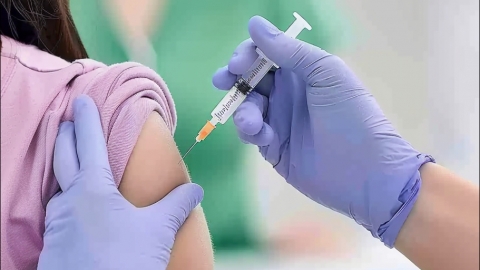Can vaccines be administered during the acute phase of scoliosis?
Generally, whether a patient can receive a vaccine during the acute phase of scoliosis mainly depends on the severity of their symptoms. If the symptoms are mild, vaccination is usually acceptable. However, if the symptoms are severe, vaccination should be avoided. The detailed explanation is as follows:

For patients experiencing the acute phase of scoliosis, if the condition does not involve serious systemic symptoms such as high fever, severe pain, or limited mobility, and the patient's overall health is stable, it is generally safe to receive non-live virus vaccines. These vaccines do not cause disease and will not worsen scoliosis symptoms after vaccination.
However, if a patient's scoliosis is rapidly progressing during the acute phase, accompanied by symptoms such as high fever, severe pain, difficulty breathing, or even serious complications like organ compression or rotation requiring surgical treatment, vaccination should be postponed during the perioperative period and acute treatment phase. This is to prevent potential interference of surgery and medications with vaccine effectiveness, and to avoid possible interactions between vaccine adverse reactions and surgical medications that could increase patient discomfort.
It is recommended that patients maintain healthy lifestyle habits, such as balanced nutrition, moderate exercise, and sufficient rest, which can help enhance their immune system and create favorable conditions for future vaccination.







